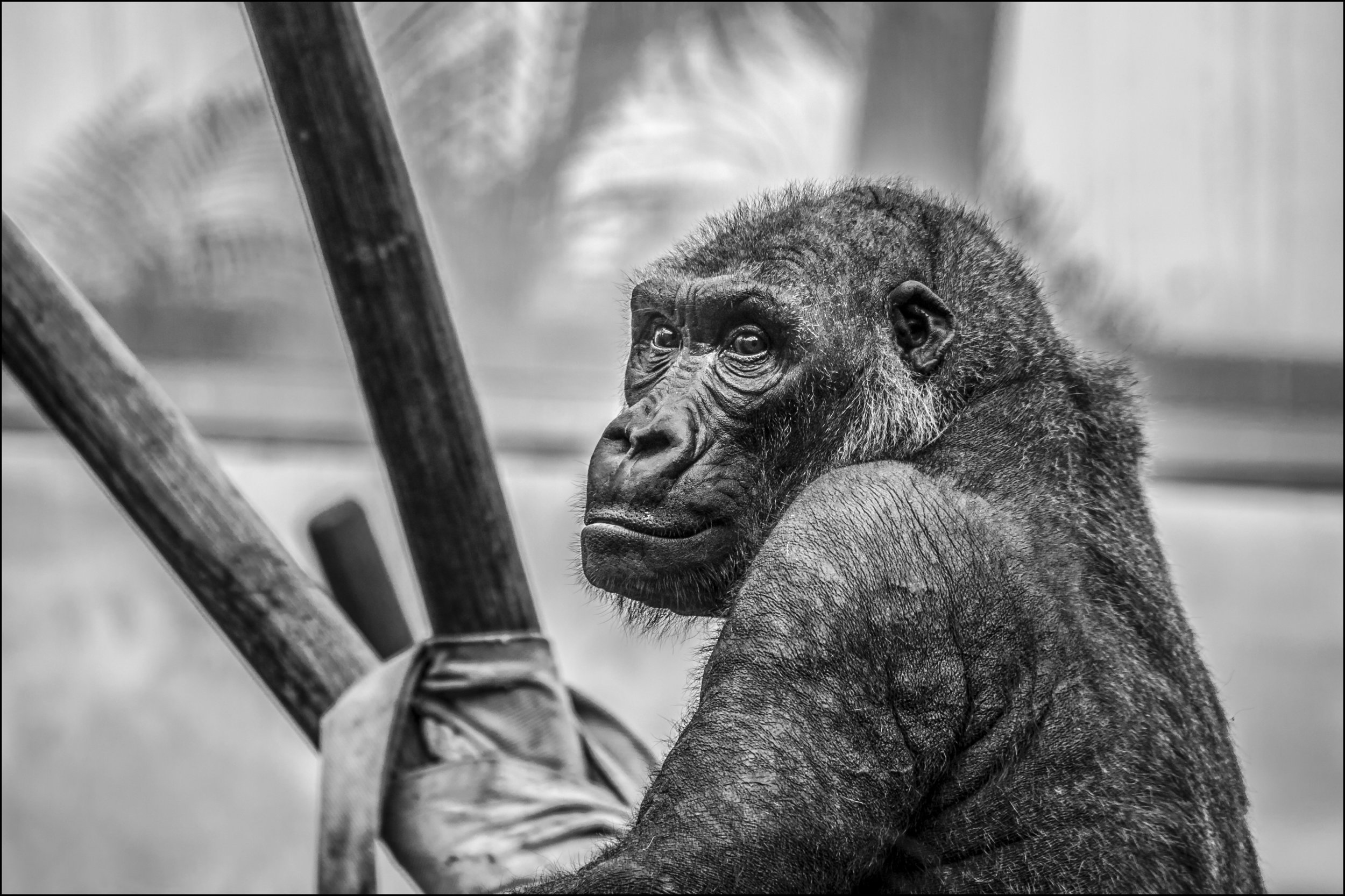Glasgow, Scotland, UK • November 2017 • Length of Read: 3 Minutes
The remote island of Kojima in the South West of Japan has no human inhabitants. Its picturesque shores and forested landscape are, however, home to a very special group of primates. The wild band of macaque monkeys that reside here have been so unaffected by man that they’ve become the subjects of numerous fascinating academic studies, one of which made international news.
Researchers became captivated by the species when they discovered that one of the monkeys had learned how to clean dirt off the freshly dug sweet potatoes that grew on Kojima. With their other foods requiring no preparation, the tribe were reluctant to eat these dirty potatoes. This monkey managed to resolve the issue, though, by washing them in a stream, and was soon teaching her mother and playmates to do the same. As this skill was passed around, sweet potatoes soon became a source of food for monkeys of Kojima, whereas their distant relatives on neighbouring islands continued to leave them untouched.
Then, something incredible happened. Once a certain number of Kojima’s macaques – about one hundred of them – had acquired this knowledge, monkeys on the smaller island of Torishima began washing their food as well. There was no way they could have interacted with the original monkeys, but somehow the behaviour spread. The researchers were baffled. How was it possible that such a rare social trait should suddenly appear in two geographically distinct areas? Was there some recessive ‘food washing’ gene that had only now kicked in? Could the monkeys on Torishima have peered across the water and somehow understood what the other monkeys were doing and then copied them? Could this be some kind of simian extrasensory perception? Or were we witnessing a rare leap from one evolutionary plateau to another? The theories grew and grew, yet the mystery seemed intractable.
Some prominent scientists and brain researchers came to believe that there may be a collective consciousness that all members of a species can pull from. It has been noted, for example, that when one physicist makes a breakthrough, physicists elsewhere will simultaneously get the same idea. It is thought that when we align ourselves through belief, through focus, through optimal physiology, we find a way to dip into this collective consciousness and act in remarkable unison. In his book Unlimited Power, Tony Robbins used this hundredth monkey example to conclude that “The better attuned you are, the better aligned you are, the more you tap into this rich knowledge and feeling. Just as information filters to us from our unconscious, it may also filter in to us from completely outside of ourselves if we’re in a resourceful-enough state to receive it.”
Sounds too good to be true, right? Well that’s because it is. Only decades later, when someone with a rational mind decided to ask the local fisherman what they thought, did this theory become debunked.
“Well,” the fisherman replied, “the monkeys do swim back and forth between the islands. Maybe that has something to do with it.”
